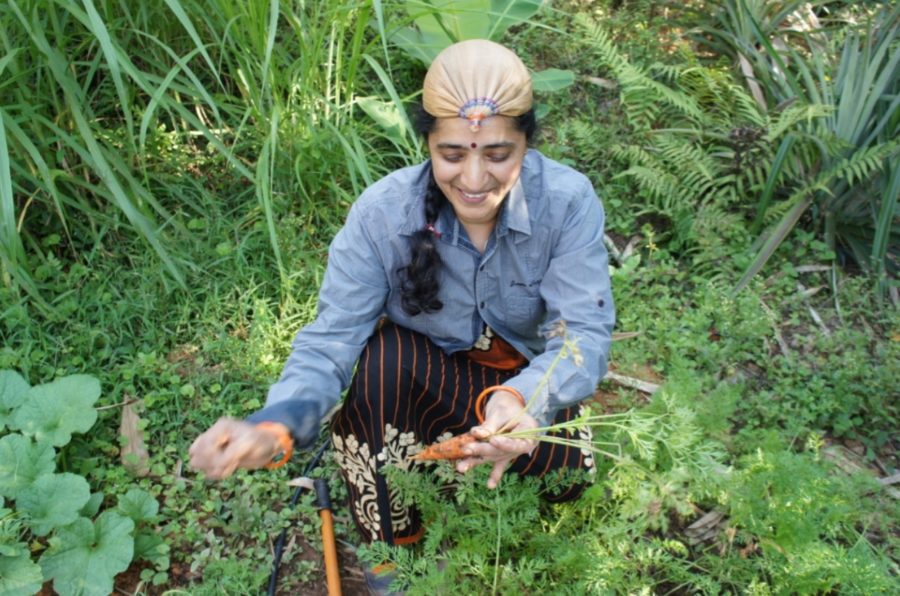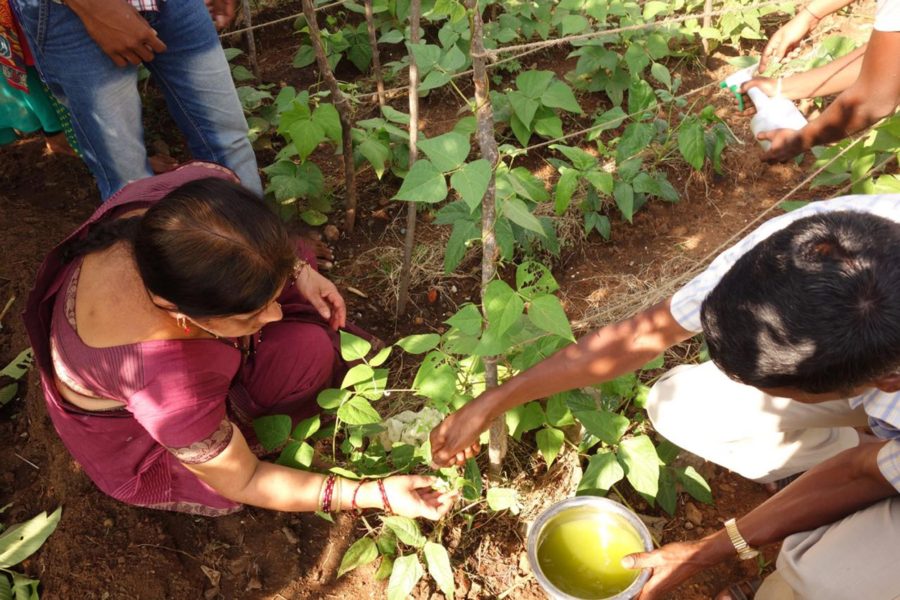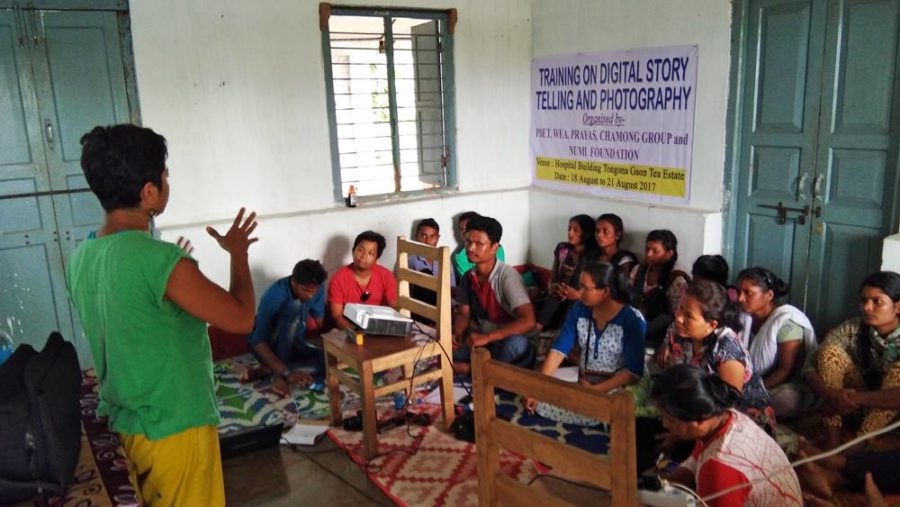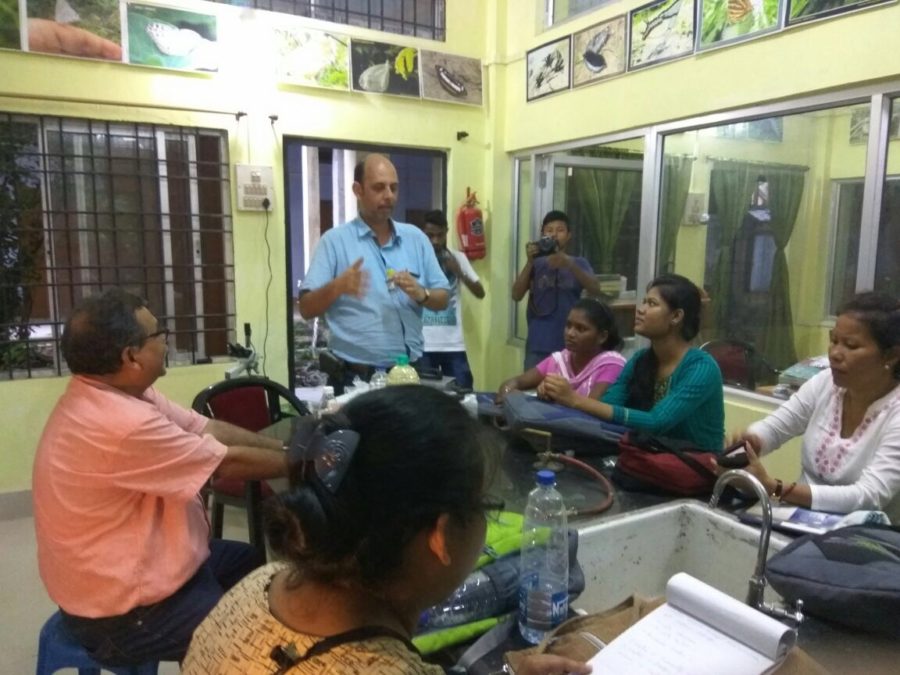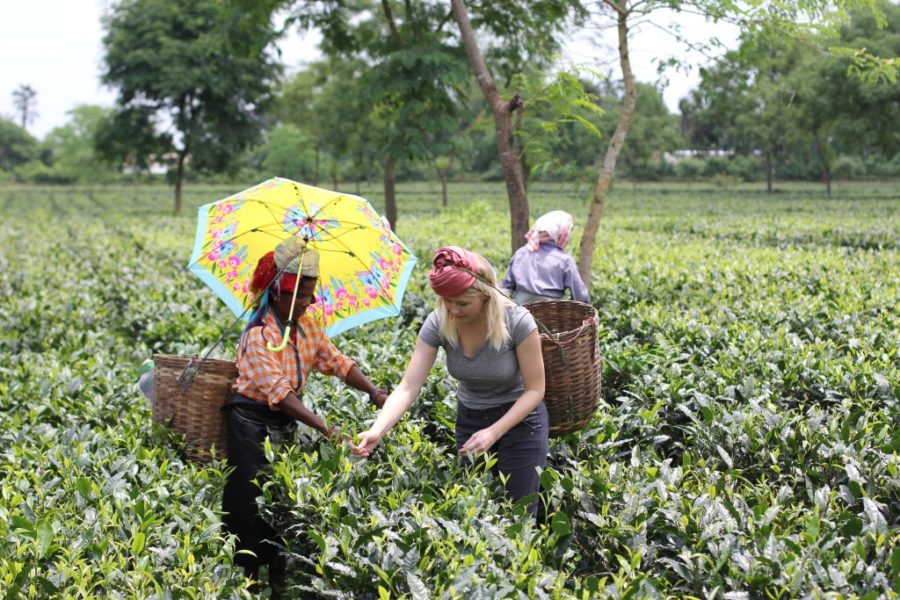Posts Tagged ‘India’
Seeds of Resilience: An update from our Seed Savers in India
Our Seeds of Resilience project has been underway for almost a year now and we are excited to share the progress being made to date in Southern India! This project, in partnership with Vanastree, aims to build communities’ seed and food sovereignty, catalyze intergenerational traditional knowledge sharing and strengthen women’s leadership, especially in the face…
Read More[In the News] Farmer suicides: A call to climate action for India
In a recent article by Suresh Babu of the International Food Policy Research Institute, Babu points out that “As both a contributor to climate change and a victim of its impacts, agriculture needs to become climate resilient. This direct connection between climate change and agriculture is perhaps nowhere more apparent than in India, where recent…
Read MoreTogether for H2OPE Project launches storytelling workshop
Here at WEA, a core component of each of our projects aims to encourage our partners to create and collect compelling emotional stories that help to link the women-driven, environmental work they do with our collective global community. These stories — told and shared by the women who experience them — ultimately strive to educate…
Read MoreTogether for H2OPE begins training community leaders in WASH
Our Together for H2OPE: India Project team — led by implementing partner Purva Bharati Educational Trust (PBET) — recently brought together a group of community leaders and volunteers from the Tonganagaon Tea Estate to build good practices in water management, sanitation, and hygiene (WASH) through demonstrations, home visits, and educational events. The goal of this “Training of Trainers” (ToT)…
Read MoreWEAre Together for H2OPE: How Tea Saved a Village
In the Spring of 2016, Numi Foundation and WEA launched the Together for H2OPE Project, an innovative partnership to ensure clean, safe drinking water to the 6,500 residents of the Tonganagaon tea community in Northern Assam, India. Since its launch, our project team on the ground has been busy building partnerships, hosting capacity building and…
Read More
